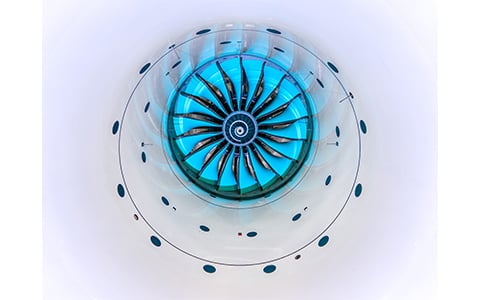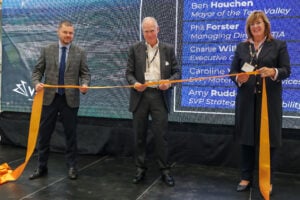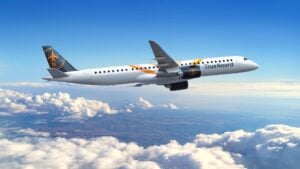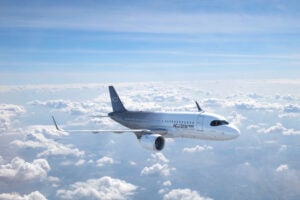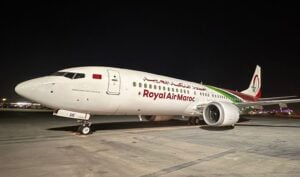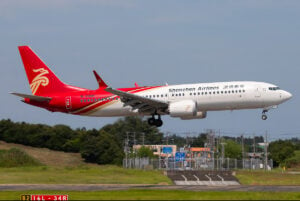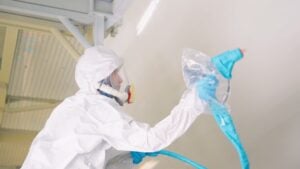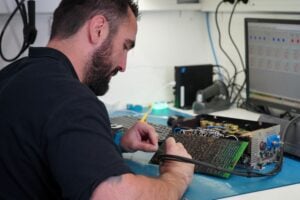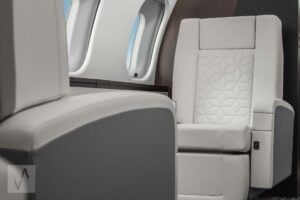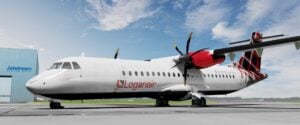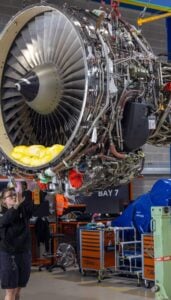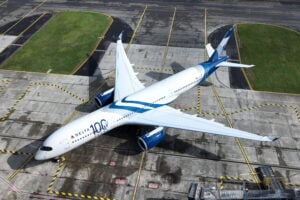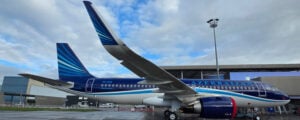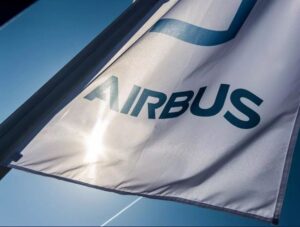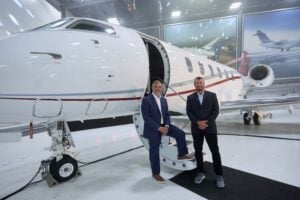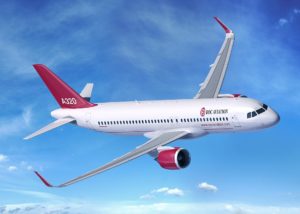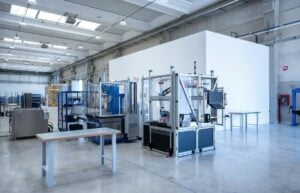Rolls-Royce has been chosen by the European Union’s Clean Aviation programme to lead one of twelve new projects aimed at decarbonising aviation. The programme will provide funding of about €945 million (US$1.1 billion). It supports new aircraft concepts and advanced propulsion systems. The focus is on creating a sustainable and climate-neutral future for aviation.
The Clean Aviation Joint Undertaking, also known as CAJU, runs this initiative. It is the EU’s key research and innovation programme for aviation. Among the projects, Rolls-Royce will lead the UNIFIED consortium. This group brings together industrial, academic and research partners from France, Germany, the Netherlands, Norway, Spain and the United Kingdom. Each partner will contribute knowledge and expertise to deliver progress in cleaner flight.
The UNIFIED project will centre on Rolls-Royce’s UltraFan technology. UltraFan represents the company’s next generation of engine design. It promises significant improvements in thrust, fuel efficiency, noise reduction and durability. Under the project, Rolls-Royce will carry out ground testing of an UltraFan demonstrator in the short to medium thrust class. This work supports future applications for narrow-body aircraft, the type most used by airlines worldwide. The project will also prepare activities for a potential future flight test of the UltraFan architecture.
Alan Newby, Director of Research and Technology at Rolls-Royce, welcomed the announcement. He said the selection highlights Rolls-Royce’s commitment to reshaping aviation and reducing environmental impact. He stressed that UltraFan delivers ultra-efficient technology for the future of narrow-body aircraft. He also noted that the project will prove that Rolls-Royce is ready to offer best-in-class performance across thrust, fuel burn, emissions and noise.
This development signals another important step towards sustainable aviation in Europe. By combining expertise across multiple nations, the UNIFIED consortium will help advance technologies that could transform commercial flight. With Rolls-Royce at the lead, the project aims to show that cleaner, quieter and more efficient aircraft engines are within reach.

